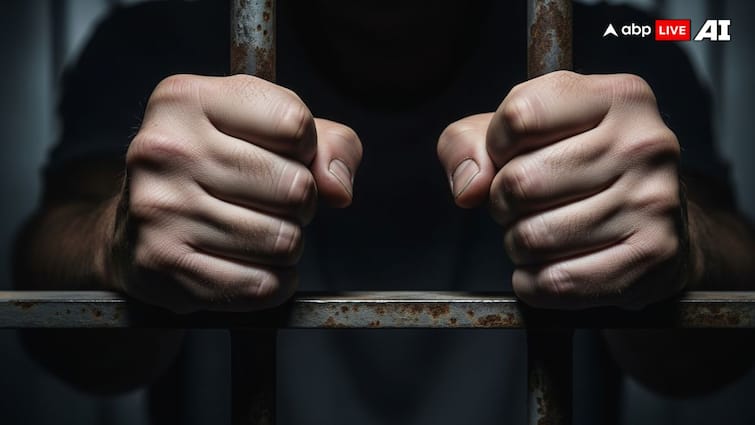A group of Maoist undertrial prisoners has begun a three-day hunger strike inside Viyyur’s high-security jail in Thrissur, Kerala, alleging they were subjected to a violent assault by prison wardens. The protest was triggered by the condition of Manoj, an undertrial from Thrissur, who was transferred to Poojappura Jail after the incident and has continued his fast even while receiving medical treatment. He is demanding legal action against the personnel accused of attacking him.
Following Manoj’s transfer, fellow inmates Thiruvengadam and Karthi also joined the protest from within Viyyur Jail. Prison authorities have since requested a medical report from the NIA court as scrutiny around the incident intensifies, as per a report on Mathrubhumi.
Maoist Prisoners In Kerala Launch Hunger Strike
According to complaints submitted to the court, the confrontation occurred on November 13 when Manoj objected to alleged verbal abuse directed at another inmate, Asharudeen, who is serving a life term in the Coimbatore blast case. Both Manoj and Asharudeen were reportedly locked in a cell and beaten for nearly four hours late that night. Friends who later met Manoj with court permission claim he suffered grave injuries, including loss of vision in his left eye and multiple wounds.
Prison officials initially alleged that Manoj had attacked the wardens, registering a case against him and Asharudeen before moving him to Poojappura. Meanwhile, human rights activists who attempted to meet Manoj were told he was undergoing treatment at the medical college. They later obtained his testimony with the court’s approval, further amplifying concerns about custodial violence.
The NIA court had earlier instructed prison authorities to produce Manoj, but he remained unavailable due to continuing medical care. Officials failed to submit the required medical report, prompting the court to issue a show cause notice on Monday, directing them to provide the doctor’s findings without further delay.
Complaints over the incident have been escalated to Justice for Prisoners, the Human Rights Commission, and senior police officials, who are now monitoring the case as calls grow for an independent investigation.



